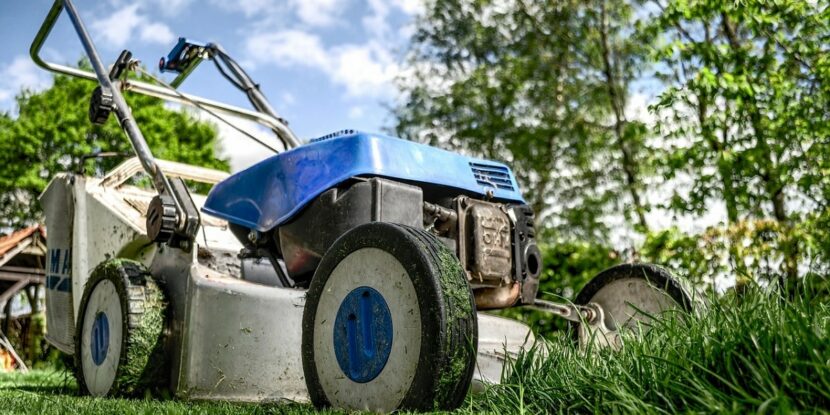This article is part of series focusing on Lens of Liberty, a project of the Vernon K. Krieble Foundation.
In a Liberty Minute entitled “May I See Your License,” Helen Krieble takes on government policies that make it more difficult for Americans to work:
Do you need a license to reupholster a chair? In seven states, you can pay a hefty fine if you don’t have one. Fifty years ago, less than five percent of American workers were required to have a state license to perform their jobs legally. Today, nearly 30 percent of workers need a license.
We can understand if there’s a safety issue, as with electricians or doctors, but what is the public interest in requiring licenses for hairstylists, auctioneers, or interior designers? In some states hair braiding requires 32 hours of training.
Looking through the lens of liberty, Americans should not need government’s permission to do their jobs. What if you needed a license to walk your own dog or braid your own daughter’s hair? It’s coming.
An instance similar to those that Krieble mentions made national news earlier this summer when an Alabama teen was told that she could not mow her grandparents’ and neighbors’ yards without first paying a fee to get licensed.
When the school year ended, fifteen-year-old Alainna Parris of Gardendale, Ala., set to work mowing lawns for her grandparents and a few other neighbors to earn a little extra money for a mission trip. However, a man with a professional lawn care business noticed that Parris was mowing lawns one afternoon and threatened to call City Hall since she did not have a license. He was referring to a 2007 city ordinance that required anyone cutting grass to have a $110 business license. That’s a high price tag for a teenager simply mowing a few lawns for mere pocket change.
Recently, it was reported that Gardendale Mayor Stan Hogeland realized that his city’s policy only served to discourage enterprising young people from putting down their phones, getting off the couch, and making money. Therefore, he helped get an ordinance passed which “cleared the air and the issue of kids doing what kids do” by getting rid of the requirement that they be licensed.
This is just one example, however, of a dilemma many Americans young and old often face when they try to make a little extra cash or establish a small business. Luckily for Parris, her city now allows her to mow lawns, but there are still countless laws on the books across the country which discourage small businesses and individual entrepreneurs.
Just as Krieble’s Liberty Minute last week argued that government should not be rewarding unemployment with easy-to-get welfare, it should also not be encouraging idleness by making it hard for teenagers to find work.


